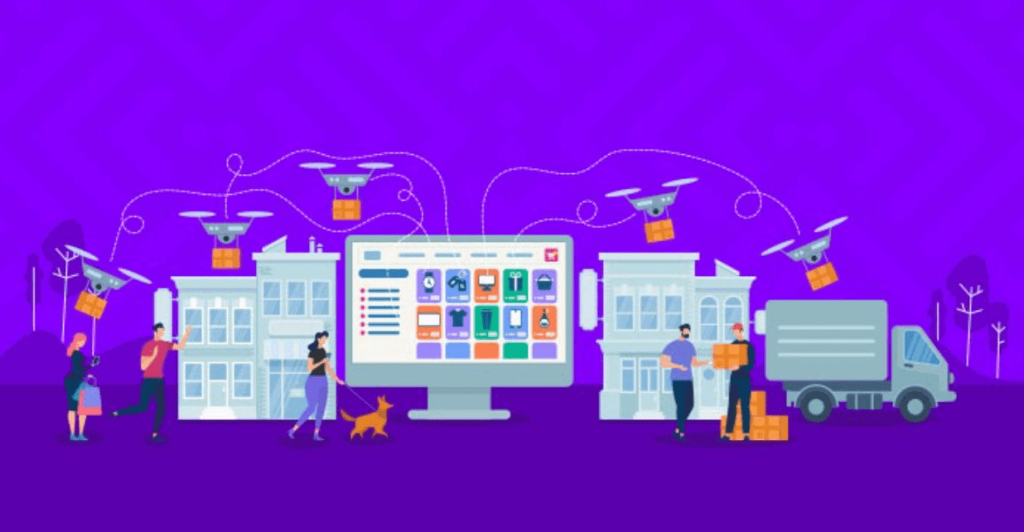There are several types of hosting available. The majority of merchants, particularly small enterprises, do not have their own websites. This is due to the numerous advantages and low cost of web hosting services.
1. Saas Hosting
One kind of Ecommerce web hosting is software-as-a-service, or SaaS. SaaS is a web-based service that leverages third-party cloud-based software. When you choose a SaaS host, you can focus on growing your business instead of worrying about IT difficulties that you’d have to deal with if you self-hosted.
Host Managed:
- Applications
- Data
- Runtime
- Servers
- Storage
- Networking
The software, which normally includes shopping carts, hosting infrastructure, software licensing, and applications that allow you to interface the system with financial and reporting tools, may be used as long as you have an internet connection.
You do not need to save anything on your PC. You normally pay a predetermined monthly cost in return for software access. Just need to provide minimum input to SaaS platforms.
2. Self-Hosted (On Premise)
You’ll need your own physical servers if you want to host your own website. While bigger organizations may keep them in a huge room or data center, most online sellers do not have this choice.
You have complete control over what you do with your servers when you self-host. You won’t be able to take advantage of such flexibility if you don’t know how to use computers.
You’ll almost certainly end up spending more money than you would if you used another hosting option by the time you buy the equipment and hire a team to manage your servers.
3. Other Cloud hosting Choices
Infrastructure-as-a-service, or IaaS, is another cloud computing solution that normally works on a pay-per-use basis. It’s more dependable and secure than buying your own equipment. As your business grows, you may scale up.
In the case of IaaS, however, a merchant often pays a single vendor to license the software. The website might be hosted by someone else.
You have complete control over the infrastructure as an IaaS customer. However, in order to select the best options, you must first determine which e-commerce features you require. Runtime, operating systems, middleware, and data are all within your control. The supplier manages all of the servers, virtualization, and networking. Although this is the most versatile cloud computing paradigm, it is also the most difficult to grasp. Because everything is priced depending on usage, you can be surprised by the costs if you don’t know what features you’ll need in advance.
When workloads are heavy, an IaaS provider may face performance challenges. Platform-as-a-service, or PaaS, is another sort of cloud computing. Users enter onto a particular platform and control panel to construct apps, which also offer software and hardware tools through the internet. It isn’t, however, a standard service.
Developers are the most popular users of PaaS. You won’t have to create a custom app from scratch or deal with a lot of coding. The developer retains full control over the applications, while the provider is in charge of storage and servers.




